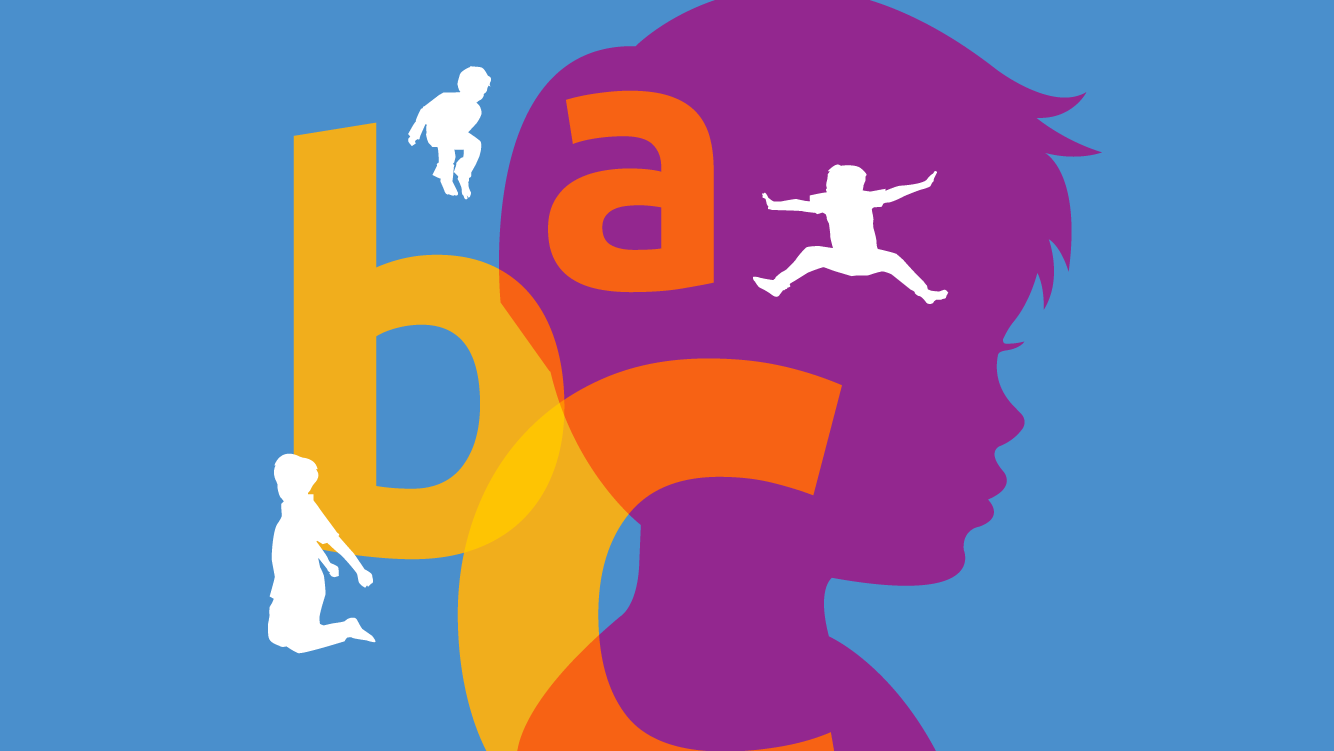Can movement-based learning games enhance language development in children with autism?

According to a recent research study, digital movement-based camera games can significantly improve the expressive and receptive vocabulary of young children with autism, while they can improve motivation and challenging behaviors. The findings of this study have been presented at the 12th International Congress of Autism-Europe, organized in France from 13 to 15 September 2019.
The study was conducted by two researchers of UCL Institute of Education in order to explore whether Kinems, a movement-based learning gaming platform with the embedded monitoring and reporting system, would have an effect on speech and language, and more specifically on vocabulary development (receptive and expressive).

During the ten-week period of the study, a group of students with autism between 4 and 6 years old and a practitioner were the participants. All children’s receptive and expressive vocabulary and autism severity had been assessed before and after the study period. In addition, interviews with the teacher and other teaching staff, gave a full picture of each child's situation.
At the end of the intervention, the assessment showed improvements in their vocabulary, reduction of conduct problems, as well as improved motivation and challenging behaviors. Gains were not limited only in game-play time, but they were transferable across many activities and interaction opportunities.
Teachers were surprised as they noticed some generalization of the intervention effects such as more appropriate behaviors, more spoken words and more appropriate communication efforts from the children in all contexts.
The results are very encouraging for teachers and games designers, as such games can be further adapted for the classroom. Goal setting and assessment have been issued that SEN schools had to grapple with and such games can be used as diagnostic as well as skill development tools.
This is yet another study that shows that the active human body via classroom-based learning activities can alter the function of the brain and therefore the cognitive process.
Download the full research.